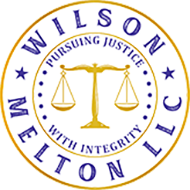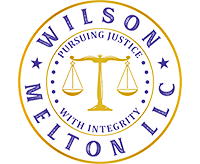Facing a workplace investigation can be a daunting experience for any employee. Whether the investigation is in response to a complaint you’ve made or you’re the subject of the inquiry, it’s crucial to understand your rights and responsibilities in the process. Handling the situation professionally can influence the outcome and mitigate potential repercussions.
Workplace investigations are formal processes designed to address misconduct allegations, such as harassment, discrimination or violation of company policies. They aim to establish facts, determine whether misconduct has occurred and decide on appropriate corrective actions if necessary.
Cooperating fully with the investigation
One of the primary responsibilities of any employee involved in a workplace investigation is to cooperate fully with the process. This may include providing detailed statements about the alleged incident, submitting relevant documents or being available for follow-up queries. Full cooperation demonstrates your willingness to contribute to the resolution of the issue.
Maintaining confidentiality
Confidentiality is a crucial aspect of workplace investigations. Employees are usually expected to refrain from discussing the investigation with their coworkers or sharing any information related to the investigation outside the process. Breaching this confidentiality can disrupt the investigation and may affect the employee.
Documenting all interactions
Keeping a record of all interactions related to the investigation can be helpful. This includes emails, meeting notes, and any relevant documents. These records can provide a factual timeline of events and be helpful if there are disputes about how the investigation was conducted.
Consulting with someone familiar with these matters is beneficial so you can learn your rights and options. It’s best to do this as early in the investigation as possible to protect your future and your reputation as an employee.

